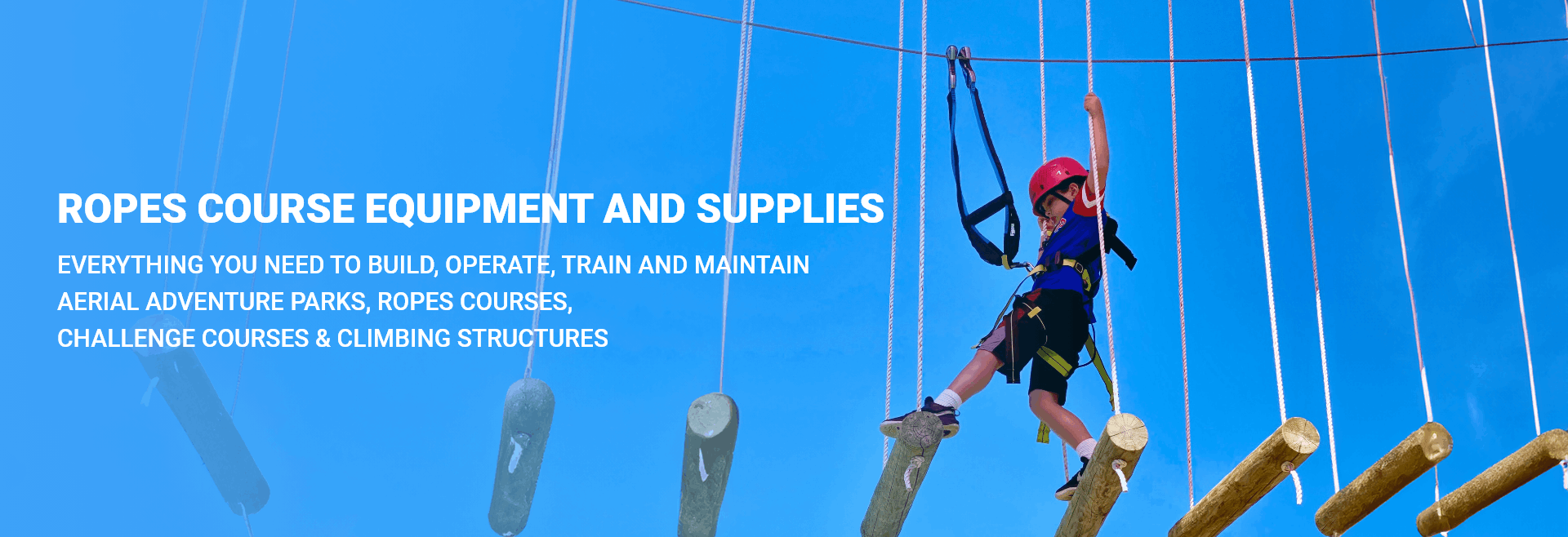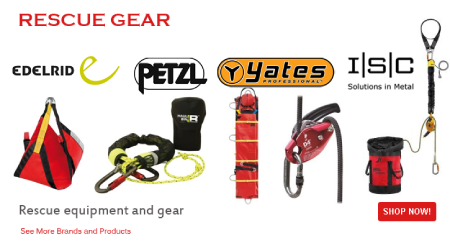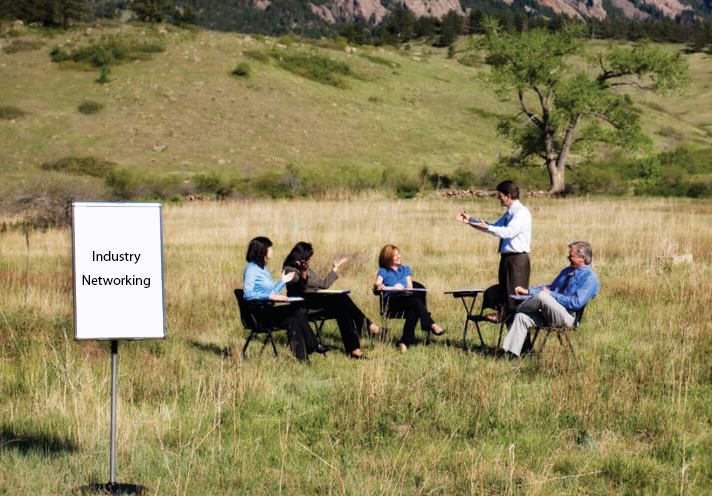
-
 Original ProductsTrusted Products from Trusted Brands
Original ProductsTrusted Products from Trusted Brands -
 Fast ShippingFast delivery in North America with UPS and USPS
Fast ShippingFast delivery in North America with UPS and USPS -
 30 Days Returns30 Day returns on Select Unused products only! Does not apply to Life Support Equipment.
30 Days Returns30 Day returns on Select Unused products only! Does not apply to Life Support Equipment. -
 Dedicated SupportSupport 7 Days A Week
Dedicated SupportSupport 7 Days A Week




Current State of Zipline Legislation and Regulations
Ziplines are a popular tourist attraction, but they can also be dangerous. As a result, many states have enacted legislation and regulations governing the operation of ziplines.
The specific requirements vary from state to state, but they typically include the following:
- Operators must be licensed by the state.
- Ziplines must be inspected by a qualified inspector.
- Operators must have insurance to cover injuries that may occur on the zipline.
- Participants must wear a helmet and other safety gear.
- Operators must provide training to participants on how to use the zipline safely.
Impact of Zipline Legislation and Regulations on Operators and Manufacturers
Zipline legislation and regulations have a significant impact on operators and manufacturers. For operators, the requirements can add to the cost of doing
Networking is the process of building relationships with other people in your industry. It can be done in a variety of ways, such as attending industry events, joining professional organizations, and connecting with people online.
There are many benefits to networking. It can help you to:
- Learn about new trends and developments in your industry.
- Stay up-to-date on safety regulations.
- Find new clients and partners.
- Hire qualified employees.
- Build your reputation and credibility.
Building Partnerships
Building partnerships is the process of forming mutually beneficial relationships with other businesses or organizations. Partnerships can be formed for a variety of reasons, such as:
- To share resources.
- To expand your reach.
- To gain access to new markets.
- To reduce costs.
- To improve your products or services.
The challenge course industry is a rapidly growing segment of the outdoor recreation industry. In the United States, the industry is estimated to be worth $1 billion and is growing at a rate of 10% per year. Challenge courses are used for a variety of purposes, including team building, leadership development, and personal growth. They are also increasingly being used in schools and other educational settings.
There are a number of trends driving the growth of the challenge course industry. One trend is the increasing popularity of outdoor recreation activities. More and more people are looking for ways to get outdoors and experience the benefits of nature. Challenge courses offer a safe and challenging way to do this.
Another trend is the growing demand for team building and leadership development programs. Businesses and organizations are increasingly recognizing the value of these programs in helping their employees work better together and achieve their goals. Challenge
























